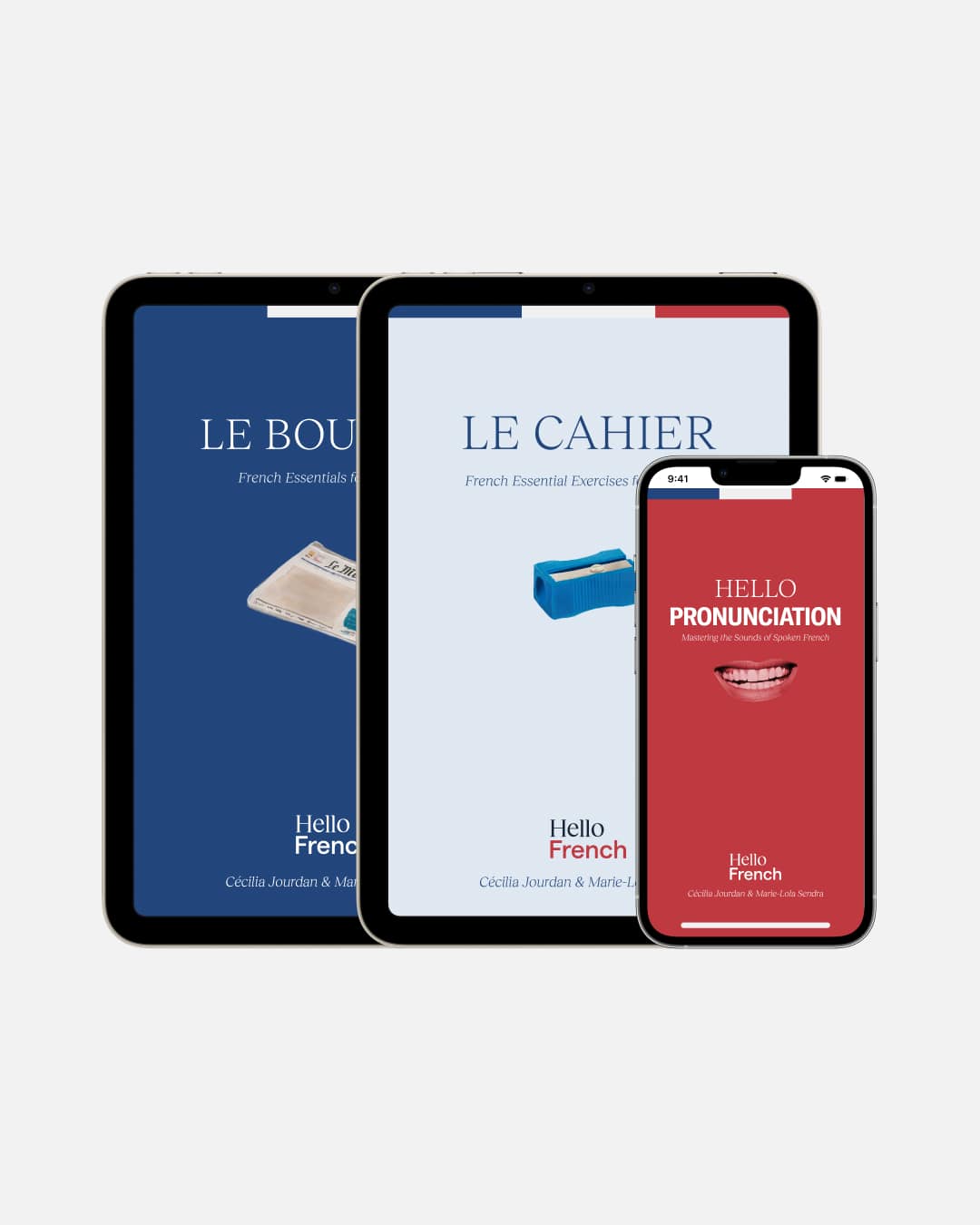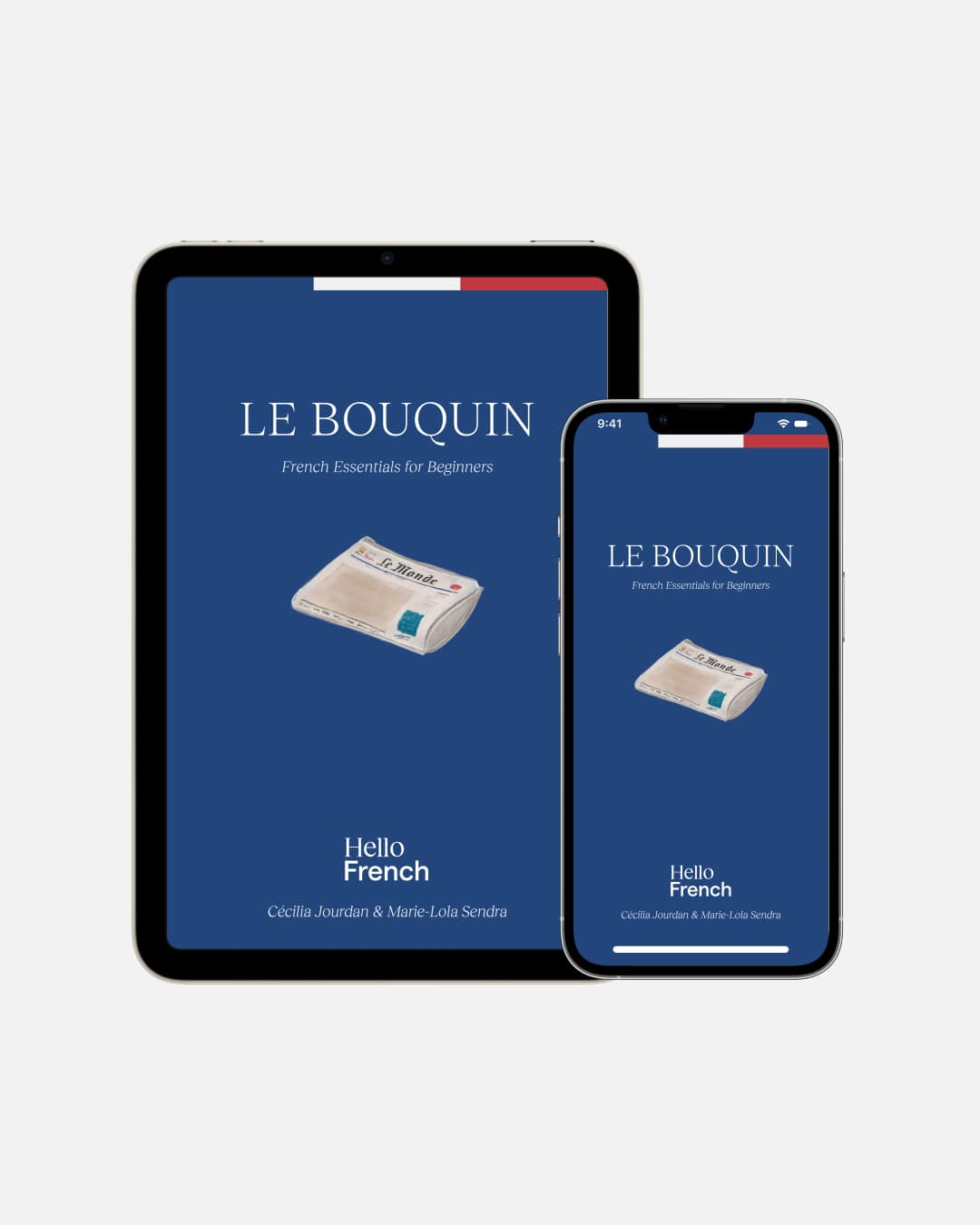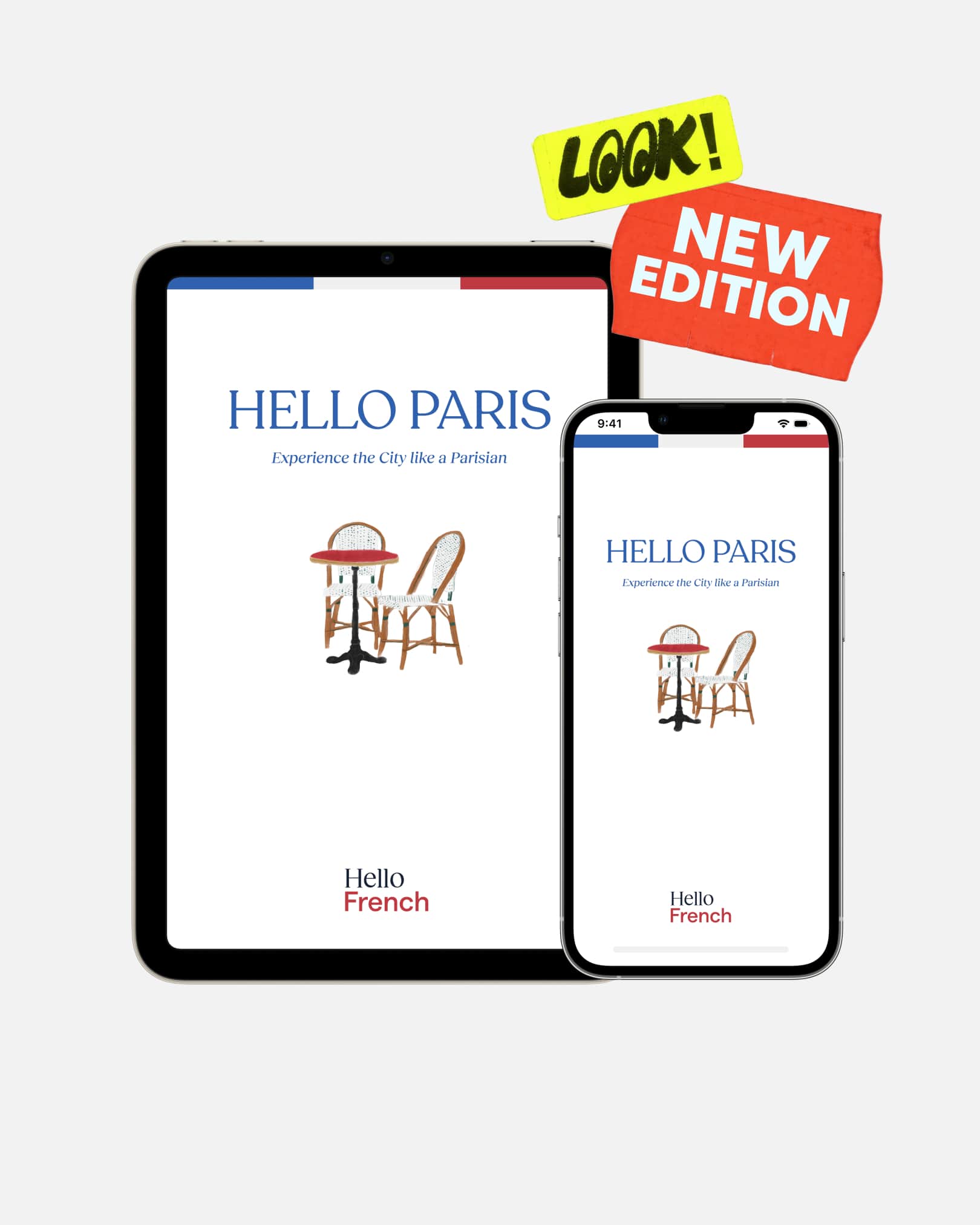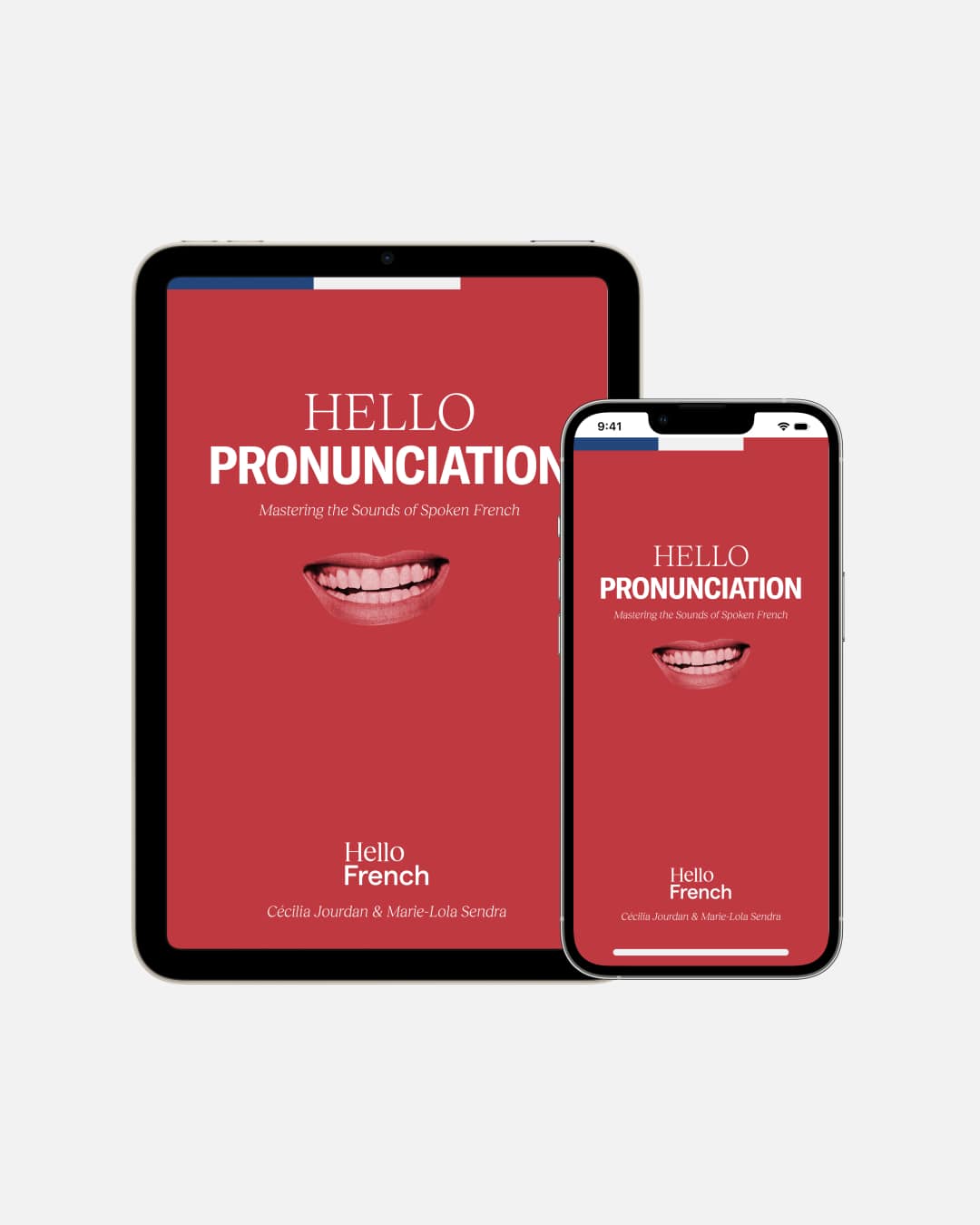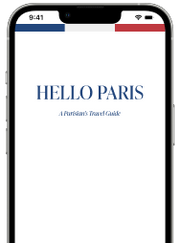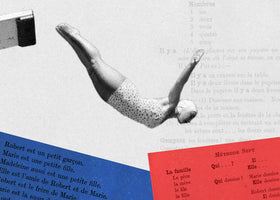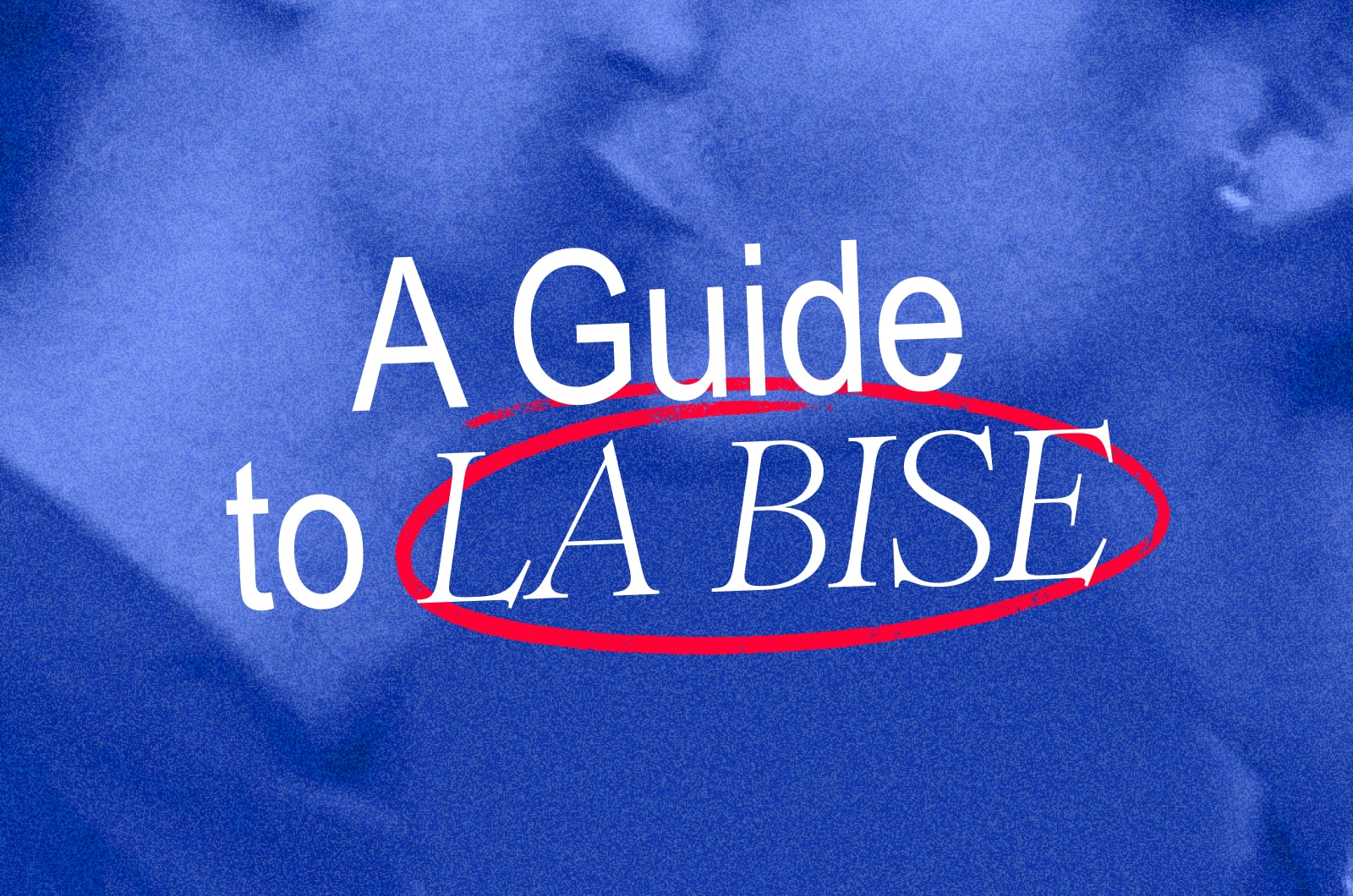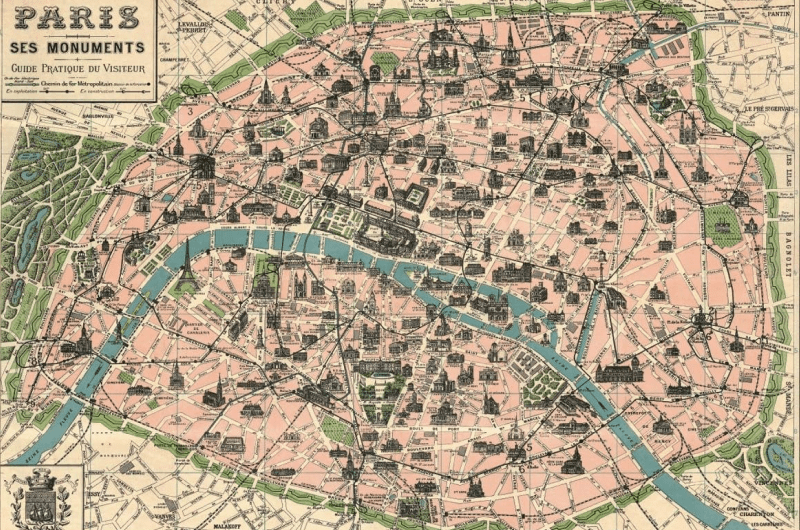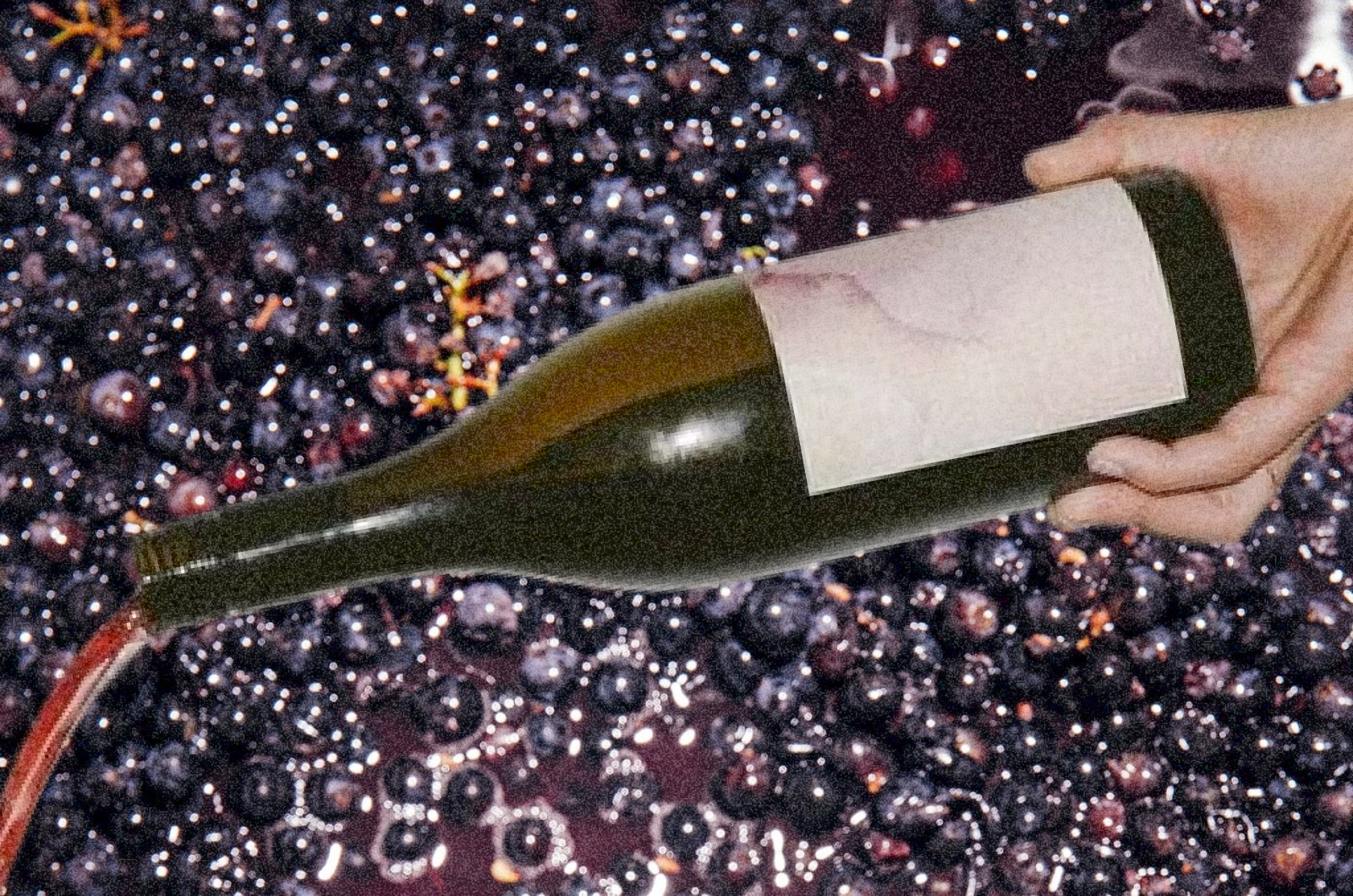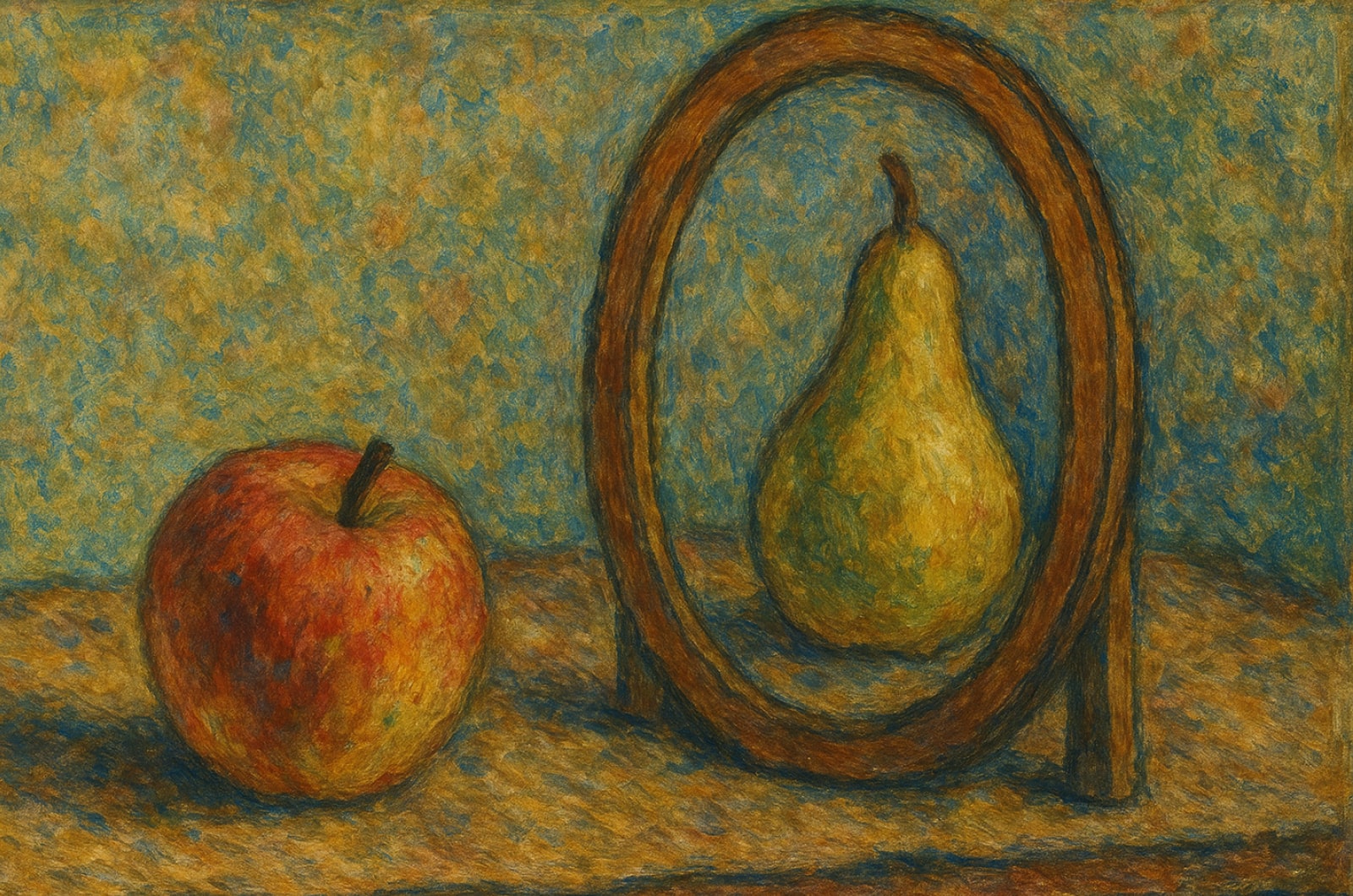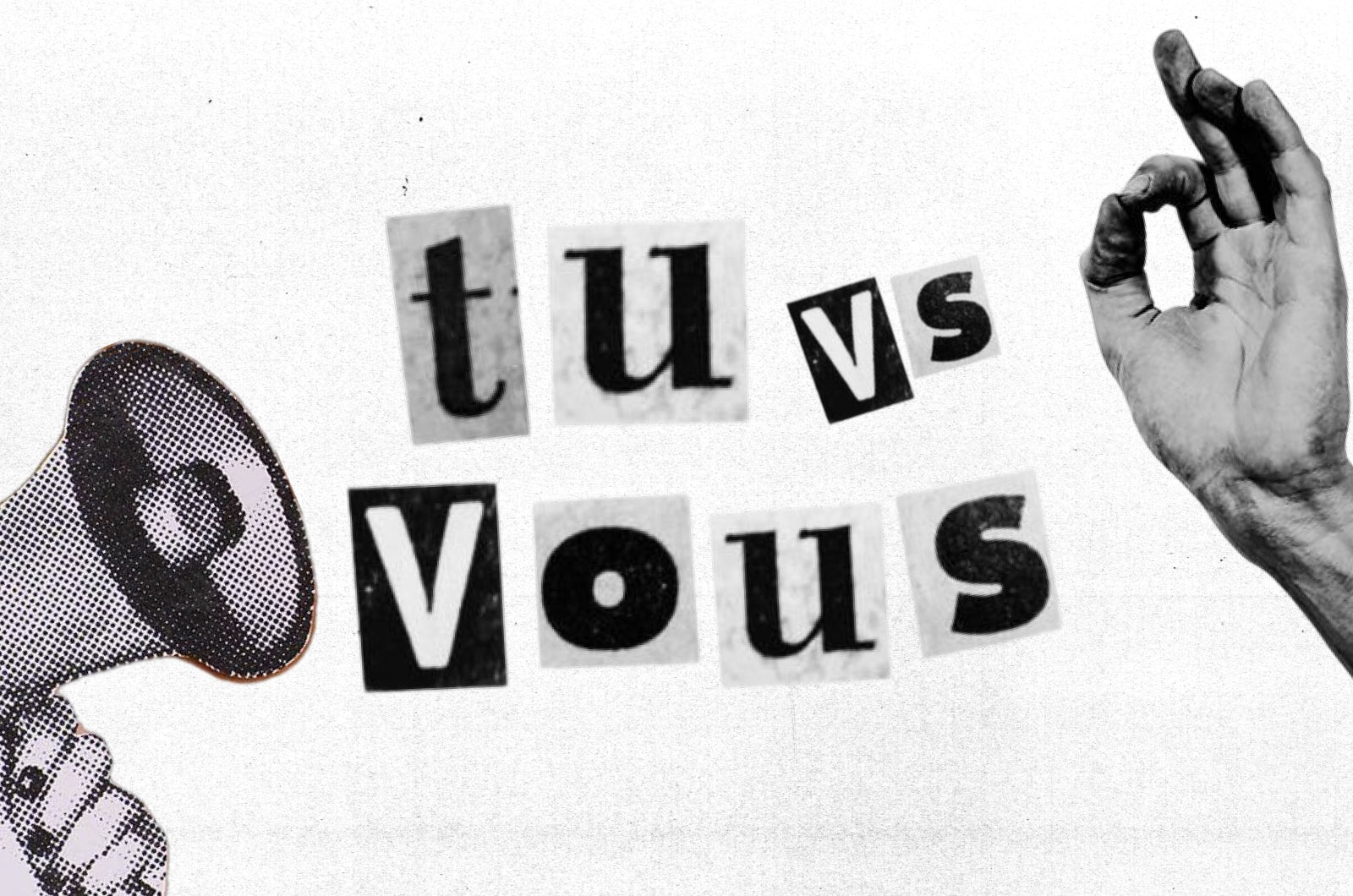Ever used a French word with total confidence, only to get an awkward head tilt in response? These sneaky words might be the reason! Some mots français (French words) look like English words, but their meanings are completely different! These are called faux amis (false friends), and they can lead to some funny (or embarrassing) misunderstandings.
Here are my top 20 faux amis to watch out for:
1. actuellement = currently (not “actually”)
Je travaille actuellement sur un projet important. – I am currently working on an important project.

2. sensible = sensitive (not “sensible”)
Il est très sensible aux critiques. – He is very sensitive to criticism.

3. éventuellement = possibly (not “eventually”)
Nous viendrons éventuellement si nous avons le temps. – We might come if we have time.

4. déception = disappointment (not “deception”)
Sa déception était visible après sa date. – His disappointment was visible after his date.

5. attendre = to wait (not “to attend”)
Ils ont attendu le bus pendant une heure. – They waited for the bus for an hour.

6. librairie = bookstore (not “library”)
Je vais acheter un bouquin à la librairie. – I am going to buy a book at the bookstore.

7. location = rental (not “location”)
On a une location de vacances à Nice. – We have a vacation rental in Nice.

8. raisin = grape (not “raisin”)
J’adore manger du raisin en été. – I love eating grapes in the summer.

9. blessé.e = injured (not “blessed”)
Il s’est blessé en jouant au football. – He got injured while playing soccer.

10. bras = arm (not “bra”)
Iel* a une cicatrice sur le bras droit. – They have a scar on their right arm.
*non-binary pronoun.

11. cave = basement (not “cave”)
Le vin est stocké dans la cave. – The wine is stored in the basement.

12. chiffre = number (not “cipher”)
Le chiffre d’affaires de l’entreprise a augmenté cette année. – The company's revenue has increased this year.

13. collège = middle school (not “college”)
Mon fils est au collège Delacroix. – My son is in the Delacroix middle school.

14. confidence = secret (not “confidence”)
Je vais te faire une confidence. – I’m going to tell you a secret.

15. monnaie = change (not “money”)
Tu as de la monnaie pour le parking ? – You have change for the parking meter?

16. passer un examen = to take an exam (not “to pass an exam”)
Elle va passer son examen demain. – She is going to take her exam tomorrow.

17. photographe = photographer (not “photograph”)
Le photographe a pris de belles photos. – The photographer took beautiful photos.

18. prune = plum (not “prune”)
J’adore les tartes aux prunes. – I love plum tarts.

19. rester = to stay (not “to rest”)
On va rester à l’hôtel ce week-end. – We’re going to stay at the hotel this weekend.

20. saluer = to greet (not “to salute”)
Il a salué ses collègues en arrivant. – He greeted his colleagues upon arriving.

These faux amis aren’t trying to trick you; they just evolved differently in English and French! But knowing them will help you sound more natural and avoid embarrassing mix-ups. Imagine telling a French friend that you are “attending” a concert (attendre - to wait) when you really meant to say you are going (assister à)—they might think you're just standing outside waiting!
À bientôt (see you soon)!
—Cécilia & the Hello French team

Looking to go further?
Want to keep improving your French and avoid more awkward moments? Le Bouquin is my practical resource for learning all the essentials of modern vocabulary and real-world usage.
Some of these French words may look like English, but their pronunciation is completely different! Hello Pronunciation will help you hear, see, and nail tricky French words and sounds so you can speak with confidence. My first-of-its-kind e-book features hundreds of recordings of me pronouncing French words, accompanied by actual photos of my mouth, so that you can start speaking French with more ease.
